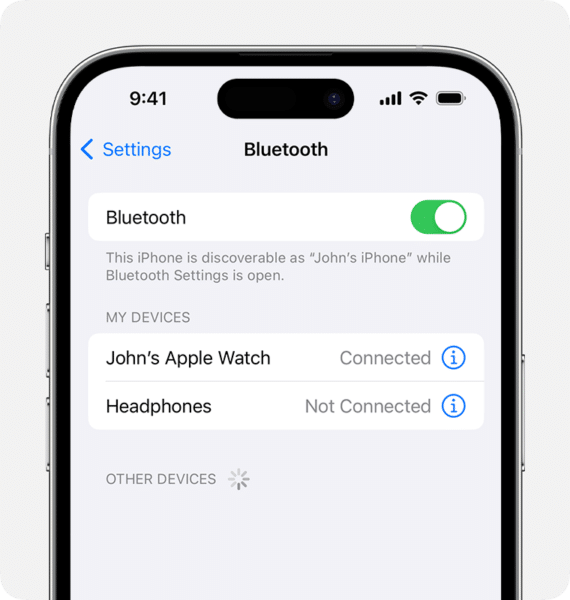The Flipper Zero device, initially conceived as a multi-tool for tech enthusiasts, has gained notoriety for its potential to compromise smartphone security, particularly targeting iPhones and Android devices.
Touted as a versatile hacking tool, the Flipper Zero possesses the ability to intercept and manipulate various wireless signals, including Bluetooth, Wi-Fi, NFC, and more. While its intended use caters to security researchers and penetration testing, its functionalities have also been exploited for nefarious purposes.

Flipper Zero can intercept and manipulate various wireless signals
Recent reports have shed light on the Flipper Zero’s capability to disrupt iPhones, primarily through denial-of-service (DoS) attacks. By overwhelming nearby iPhones with a barrage of continuous Bluetooth connection requests, this pocket-sized device renders the targeted phones virtually unusable, causing incessant pop-up notifications and frequent reboots.
Security researcher Jeroen van der Ham recently shared his experience on a train in the Netherlands. His iPhone fell victim to this attack, inundating the device with pop-ups and initiating random reboots, effectively rendering it inoperable.
While iPhones are frequently mentioned in relation to Flipper Zero attacks, Android devices are equally susceptible. Recommendations suggest disabling Bluetooth via settings and adjusting nearby sharing options to mitigate potential risks.
How can you protect your device?
To protect your device against Flipper Zero attacks, users are advised to:
- Disable Bluetooth through the settings, not just via the Control Center: This offers a more effective barrier against these assaults.
- Remain vigilant in crowded public spaces: As these attacks can be executed within a radius of 20 to 30 feet, staying alert is crucial in densely populated environments.
Future implications and security concerns
The expanding capabilities of tools like Flipper Zero underscore the necessity for enhanced security measures on RF-enabled devices. While these tools might not cause irreparable damage, their disruptive potential raises significant security concerns. Users are also advised to remain vigilant, particularly in public spaces, and consider disabling Bluetooth as a preventive measure against potential attacks.
As the tech world navigates these evolving security challenges, the need for proactive defense mechanisms and stronger safeguards against such tools becomes increasingly evident.
Read more:
